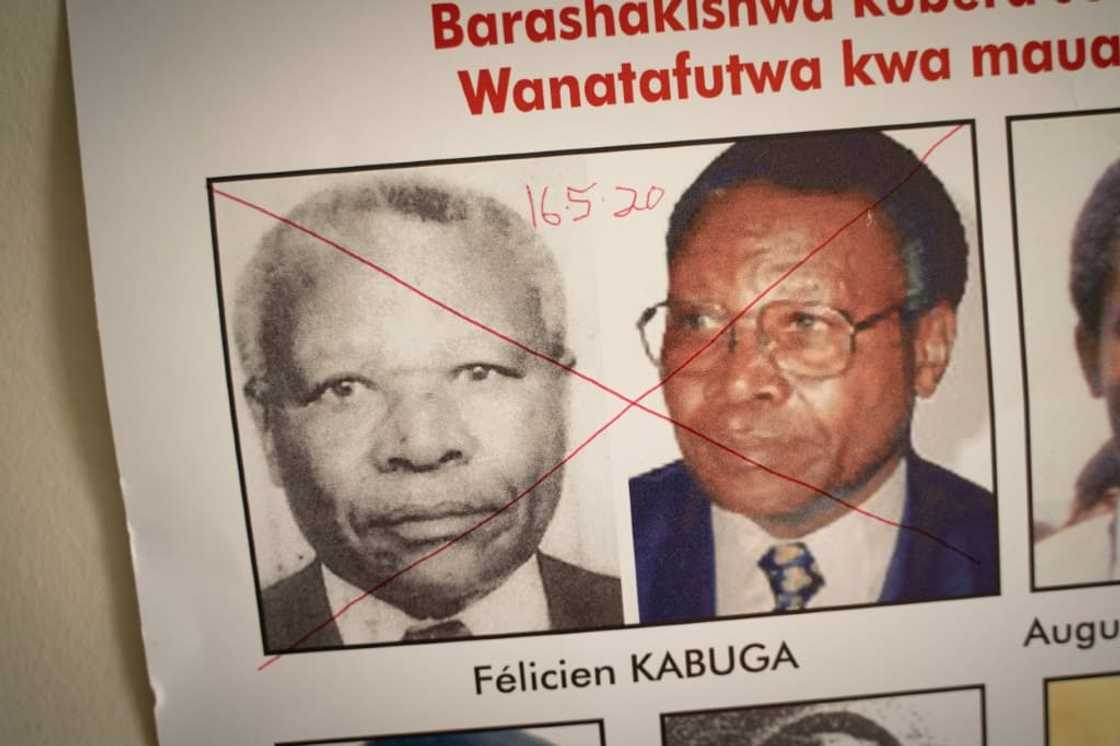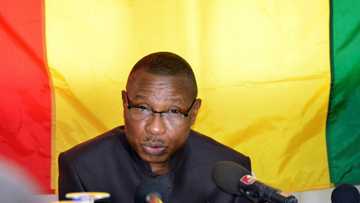Defence says Rwanda accused was businessman not warlord

Source: AFP
PAY ATTENTION: Сheck out news that is picked exactly for YOU ➡️ find the “Recommended for you” block on the home page and enjoy!
Top Rwandan genocide suspect Felicien Kabuga was not a warlord but merely a businessman caught up in the 1994 ethnic slaughter, his defence lawyers told a Hague tribunal on Friday.
Kabuga's trial at a UN court began on Thursday with prosecutors accusing the 87-year-old of setting up hate media that urged ethnic Hutus to kill rival Tutsis and supplying death squads with machetes.
But in their opening statements his defence rejected the "caricature" of Kabuga, once one of Rwanda's richest men, saying he was not responsible for what they called a "grassroots" explosion of violence.
Prosecutors were trying to "twist the facts and rewrite history", lead defence lawyer Emmanuel Altit told the court.
Instead the allegations should be seen against the backdrop of years of civil conflict in Rwanda that proceeded the 100-day killing spree in which more than 800,000 people died, he said.
"In the context of the war, Felicien Kabuga's conduct is seen in an entirely different light -- he was no longer a warlord but a businessman caught up in the prevailing chaos," added Altit.
PAY ATTENTION: Follow us on Instagram - get the most important news directly in your favourite app!
Kabuga refused for a second day to appear in court in protest, after complaining that he had lost confidence in Altit, his court appointed attorney, and that the tribunal had refused to let him choose a new lawyer.
The defence played down Kabuga's role in setting up Radio-Television Libre des Mille Collines (RTLM) -- which prosecutors said helped fuel the genocide by calling for the extermination of Tutsi "cockroaches".
The broadcaster launched the year before the genocide with "mostly music shows" and was not set up to fuel ethnic hatred, while Kabuga could not be held responsible for what journalists broadcast, said Altit.
Defence lawyers also denied that Kabuga directly supported the Interahamwe, a Hutu militia, during the genocide, by bankrolling them, organising training, and importing machetes and other weapons.
More than 50 witnesses are expected to appear for the prosecution, starting next week, in a trial that is set to take months.
After fleeing Rwanda, Kabuga spent more than 20 years evading justice before his arrest in Paris in 2020.
PAY ATTENTION: Сheck out news that is picked exactly for YOU ➡️ find the “Recommended for you” block on the home page and enjoy!
Source: AFP



